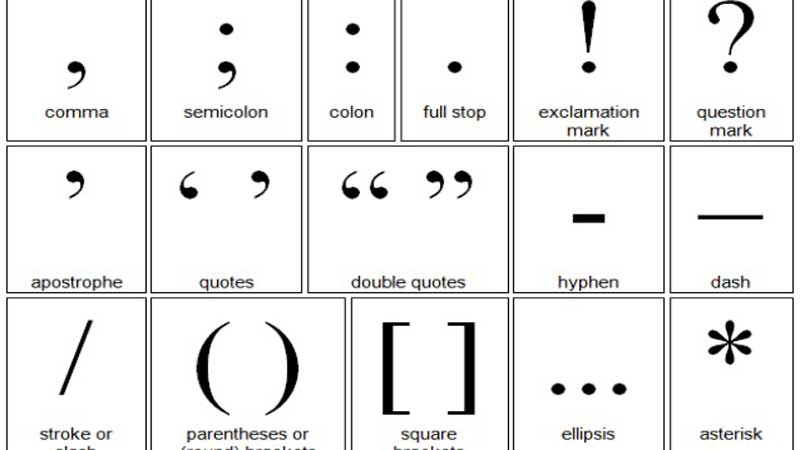×
The Standard e-Paper
Stay Informed, Even Offline

In a previous column, the important role that punctuation marks, notably the comma, full stop and semicolon play in giving meaning, direction and flow to writing was discussed. A missing or carelessly placed punctuation mark can significantly alter the message one intends to put across.